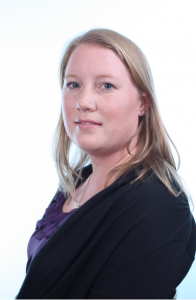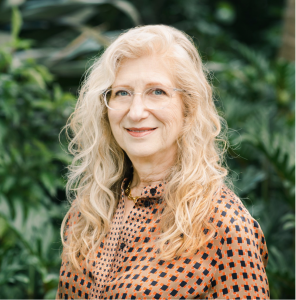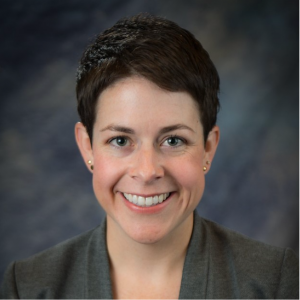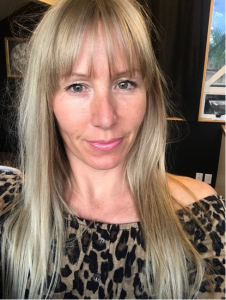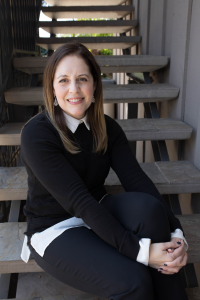
Jennifer McGurk, RDN, CDN, CEDRD-S
Certified Eating Disorders Registered Dietitian
Clinical Supervisor & Business Coach
What is your current position?
I have two passions that I bring to my role as an entrepreneur. I am currently the owner of a group private practice, Eat With Knowledge, and lead a team of dietitians to support clients in eating disorder treatment. Our practice is virtual, but we are based out of Nyack NY. I also am the owner of Pursuing Private Practice. Pursuing Private Practice is on a mission to empower dietitians to start and grow a business rooted in a non-diet philosophy. Pursuing Private Practice offers many different resources for building a business. I have courses to purchase: Beginner Basics (all about starting a private practice) and also Help Your Clients Feel Fabulous About Food (all about nutrition counseling skills). I also run a membership program called Dietitian Business School. There is a collective energy among this group of dietitians rebelling against the dietitian “norm” to build a business and make money with a weight-inclusive approach to health. Dietitian Business School includes business education and training, group coaching and group supervision, self-care, accountability, and community all in one.
How did you get started in your career?
I will change this to “how did I get started with running my own business?” because I love that question! I honestly just took a leap of faith and started. I had no idea what I was doing and was so scared. But I knew the power of my mission would be stronger than any fear. I also got a lot of help and support along the way, and learned from all of the mistakes I made! I started out in diabetes education, and also worked for a college health center before opening my private practice in 2011.
What advice would you give to someone new to the field?
Hang out with dietitians that inspire you! Don’t be afraid to say hi on social media, introduce yourself at conferences, and learn from dietitians with supervision and joining groups/memberships/courses. We need more dietitian business owners that specialize in eating disorders, so don’t get discouraged with the current system that does not provide enough education, training, and support! Seek out your own opportunities to truly create the career (and life!) that you want to have.
Learn more about Jennifer at:
Eat With Knowledge (group private practice): www.eatwithknowledge.com
Pursuing Private Practice: www.pursuingprivatepractice.com
Dietitian Business Plan Roadmap
Congrats on starting a private practice!! I bet you are so excited, but I know the feeling to also be overwhelmed with all of the advice coming at you from all over the place. You can sign up for a free business plan roadmap that takes you through the key steps to start a business so you can focus on what really matters and leave the rest behind: https://www.pursuingprivatepractice.com/join
Marketing Bootcamp (3 day challenge)
Many dietitians have no idea they are actually marketing all wrong, without any official strategy in place for their business. This marketing bootcamp will give you 3 fundamental marketing strategies to get at least 3 new clients to your business: https://pursuingprivatepractice.com/challenge
Beginner Basics https://pursuingprivatepractice.com/beginner-basics/
If you’re ready to get the doors of your private practice open–even virtually- Beginner Basics is for you! This course will teach you how to get your private practice set up with CONFIDENCE and includes business education videos on everything from mindset to finances to setting up an office space–even the pros and cons of taking insurance.
Beginner Basics includes worksheets to help you create your own business plan, the exact forms you need for your business (that are all completely editable to make them your own), and how to do an inquiry call! Plus a bonus recorded workshop about marketing a virtual private practice!
Dietitian Business School: www.dietitianbusinessschool.com
Dietitian Business School is a membership for dietitians that are growing a private practice and beyond! You’ll be joining a powerful group of dietitians who believe in a non-diet way of counseling.
Dietitian Business School includes business education and training, group coaching and group supervision, self-care, accountability, and community all in one. We encourage you to lean into the uncertainty and challenge yourself to do things for your business that will truly create change for you as a business owner. Come hang out with dietitians that will inspire you.

